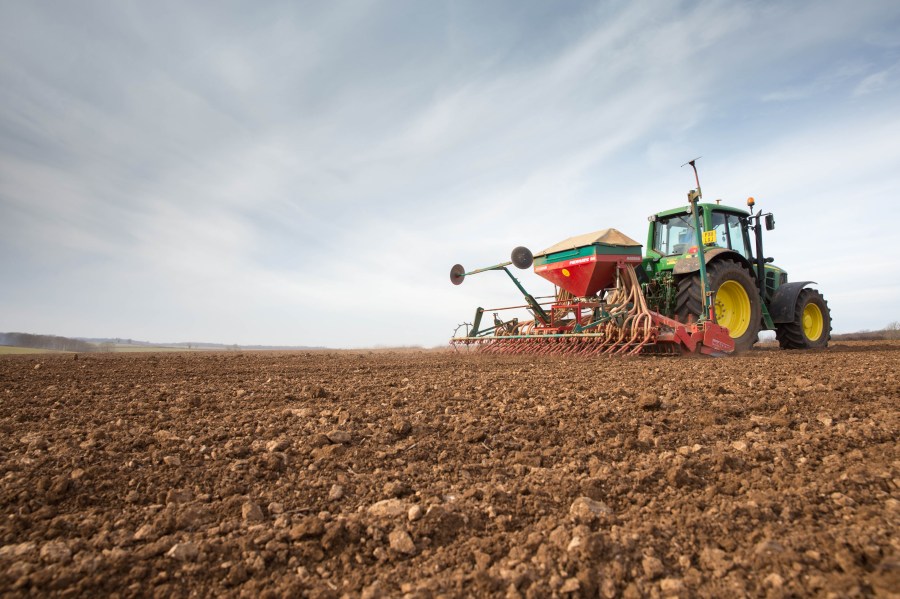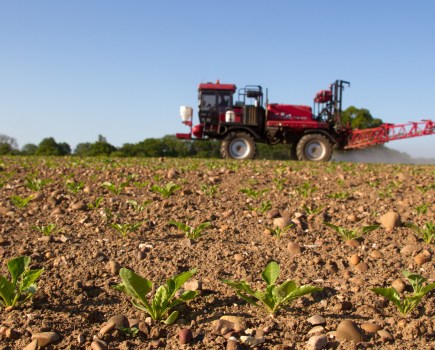In a letter to the Chancellor ahead of the Spring Budget, the NFU has called for greater support for domestic food production as energy, fuel and other production costs continue to soar.
The letter, sent by NFU president Minette Batters, reinforced the need to extend the Energy and Trade Intensive Industries (ETII) scheme to include energy intensive sectors such as horticultural and poultry production.
It also called for an extension to the current reduced rates of fuel duty, including for red diesel, and for improved support for capital investment, which would help alleviate costs for farm businesses and drive crucial investment to enhance productivity.
Encouraging investment
Specifically, the Union is also asking for the Treasury to extend Annual Investment Allowance to structures and buildings or increase the general rate for structures and buildings to 10%, to encourage small business investment in UK agriculture.
“At an NFU reception in Westminster in December, the Chancellor recognised the ongoing challenges of producing food in Britain, and we are now seeing the impact of these challenges play out through contraction across all sectors,” says Minette. “If the government is to halt food price inflation and help prevent further food shortages, greater support and confidence is needed for the thousands of farm businesses which are trying, but struggling, to feed our nation.”
“Irresponsible”
She adds that it seems “irresponsible” that the ETII scheme completely overlooks primary food production. “Not to mention it being wholly at odds with the government’s own ambition to produce more home-grown fruit and vegetables. An urgent review into the ETII is needed to ensure that essential and vulnerable food producing sectors, such as protected horticulture and poultry production, do not face a cliff edge when the Energy Bill Relief Scheme ends later this month.
“Improving support for capital investment and extending the reduced fuel duty rates would also give farmers and growers across all sectors greater confidence, especially as the cost of red diesel remains almost 40% higher than it was last April.”




